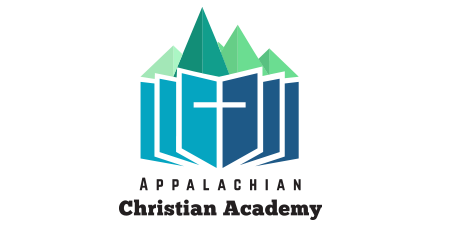Our teachers are a cut above-nearly 100 percent of our teachers are certified and more than half hold advanced degrees. We are committed to preparing our teachers with the best methods available. Teachers spend approximately 9 days a year in curriculum development and in specific subject areas. Each teacher is also given the opportunity to visit other classrooms and provided funds to attend a professional workshop. Our teachers have been trained in the 4MAT model of teaching, a natural cycle for delivering instruction to all types of learners. Teachers participate in study groups where curriculum and assessment tools are discussed and 4MAT units are written.
Education
Assessment
We measure success when assessment demonstrates improvement in student achievement and standardized tests show consistent improvement. Written and performance-based formative and summative assessments also reveal when students are achieving learning goals. Each year students in grades 3-11 take the Iowa Test of Basic Skills (ITBS), an achievement test to determine how well our students are progressing. Even though we do not consider the test as the only tool to measure success, it is one. Seventh-day Adventist schools have consistently, year after year, scored well above the national average. Adventist schools score above the 70th percentile (composite score) on nationally-normed tests, performing better than 70 percent of other public and private institutions. CognitiveGenesis, a 4 year study conducted in Seventh-day Adventist schools in North America with 30,000 students, indicate Seventh-day Adventist students score half a grade level higher than predicted in all subjects. Findings show the more years a student attends Seventh-day Adventist schools the more the average achievement jumps compared to national norms.
We also use other assessment tools such as DIBELS, Dynamic Indicators of Basic Early Learning Skills, which is used to pinpoint children in lower grades needing extra help in reading. By identifying children at risk for reading failure at an early age we can design an intervention program to catch them early. Our teachers gather ongoing data about each student’s weaknesses and the level of performance and then use this data to plan appropriate instruction. We also assess our students in all grades using the Jerry Johns Basic Reading Inventory. Writing is also a very important part of our curriculum. Each year our students in grades 3, 5, and 7th take the WrAP test, Writing Assessment Program, to assess their writing ability.
Technology
We invest in technology, giving students and teachers the tools to succeed in the 21st century. Our schools budget funds to upgrade and maintain emerging educational technologies including hardware and software instruction. Internet access, teacher-parent communication links, distance learning and staff development are made available to insure that our students are on the cutting edge of technology.
Social Studies/Science:
We are using the Scott Foresman/Prentice Hall Social Studies program for grades K-8. Since scientific curricula disregard the association between faith and science and focus solely on current scientific knowledge, the North American Division Adventist curriculum committee has developed a distinctly new Adventist science series for grades 1-8 called By Design: A Journey through Excellence in Science.
Language Arts
Our literacy program integrates reading and writing through authentic literature based instructional approach. This curriculum includes classic children’s literature, phonic and phonemic awareness, spelling, handwriting, reading and writing workshops, guided reading, cross-curricular instruction, teaching to diverse populations and learning styles, effective/authentic assessments, home/school partnerships and grade level specific implementation of content across grade levels.
Bible
The Bible curriculum is called the Adventist Bible Encounter Curriculum. This curriculum is intentional about exploring the big-picture, spiritual concepts with the goal of making a difference. One of the goals is to help students build a life-long relationship with Jesus Christ, using the Bible as the source of truth. The curriculum supports teachers in sharing a series of learning experiences with their students where they meet God through biblical stories; themes are provided with the opportunity to develop a relationship with Him and are able to put their beliefs into practice in their own lives. The Bible is the textbook and the teachers are provided teaching units and resource materials that outline a range of learning experiences intended to encourage their students to think and be challenged to make an eternal difference in our world.
